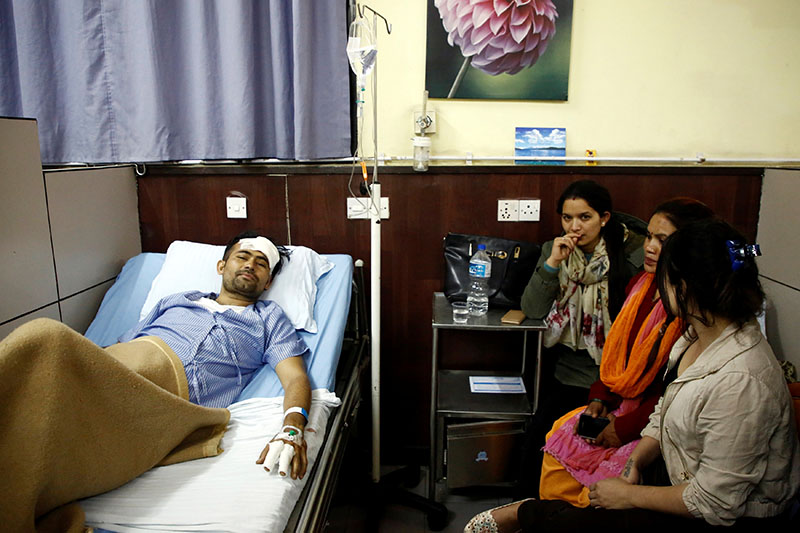No initiative taken to compensate victims’ families
“As a first step it should have designated a focal point, to begin with,” an international airline station manager told referring to the general practice worldwide. Ministry officials also agreed that there was no initiative taken to designate a focal point till date.
Acknowledging the tragic consequences that result from aircraft accidents, the International Civil Aviation Organisation, on the one hand, in the 32nd Session of its Assembly in 1998 had passed a resolution calling on contracting states to reaffirm their commitment to support civil aviation accident victims and their families, while on the other its International Conference on Air Law held in Montreal from May 10 to May 28, 1999, had urged air carriers to make advance payments without delay based on immediate economic needs of aircraft accident victims and their families.
The conference had also urged member states to take appropriate measures under national law to promote such action by carriers.
Clearly, the Internation Civil Aviation Organisation had long acknowledged that handling the aftermath of losing a relative in an air crash was no easy task and therefore sought the state’s intervention. Besides, on account of cultural differences, a victim’s anguished families might indeed find it disconcerting to inquire about the compensation they are entitled to while still grieving the loss of a near and dear one.
“Perhaps, the ministry with a new leadership is too busy accelerating development works at airports and has not found time to deliberate the plight of those affected and has wilfully chosen to defer the applicable basis for victims’ compensation - Warsaw Convention, Hague Protocol,” a member of the victim family reacted.
This apathy has arisen simply out of the incompetence and ignorance of the joint-secretary level officers handling aviation related divisions at the ministry. “It should be recalled that the two senior positions are currently occupied by former air traffic controllers, who do not meet the necessary qualifications for control of air traffic for which they were initially inducted, and are now, ironically, entrusted with controlling air transport in Nepal with frequent comic results,” a senior airline executive shared with THT.
While the ICAO Policy on Assistance to Aircraft Accident Victims and their Families, 2013 (referred to as Doc 9998) has adequately articulated the steps to be taken by stakeholders, Nepal as an ICAO contracting state has failed to discharge its obligations, according to an aviation expert.
While the investigation commission, with one of the joint secretaries as the member-secretary, deliberates the venue abroad for the purported decoding of the flight recorders, it is the common people who end up paying dearly for the thorough incompetence of this outdated “aviation bureaucracy,” which is more interested in attending ICAO Conferences abroad at the drop of a hat while merrily forgetting about implementing the entailing obligations in the resolutions.






